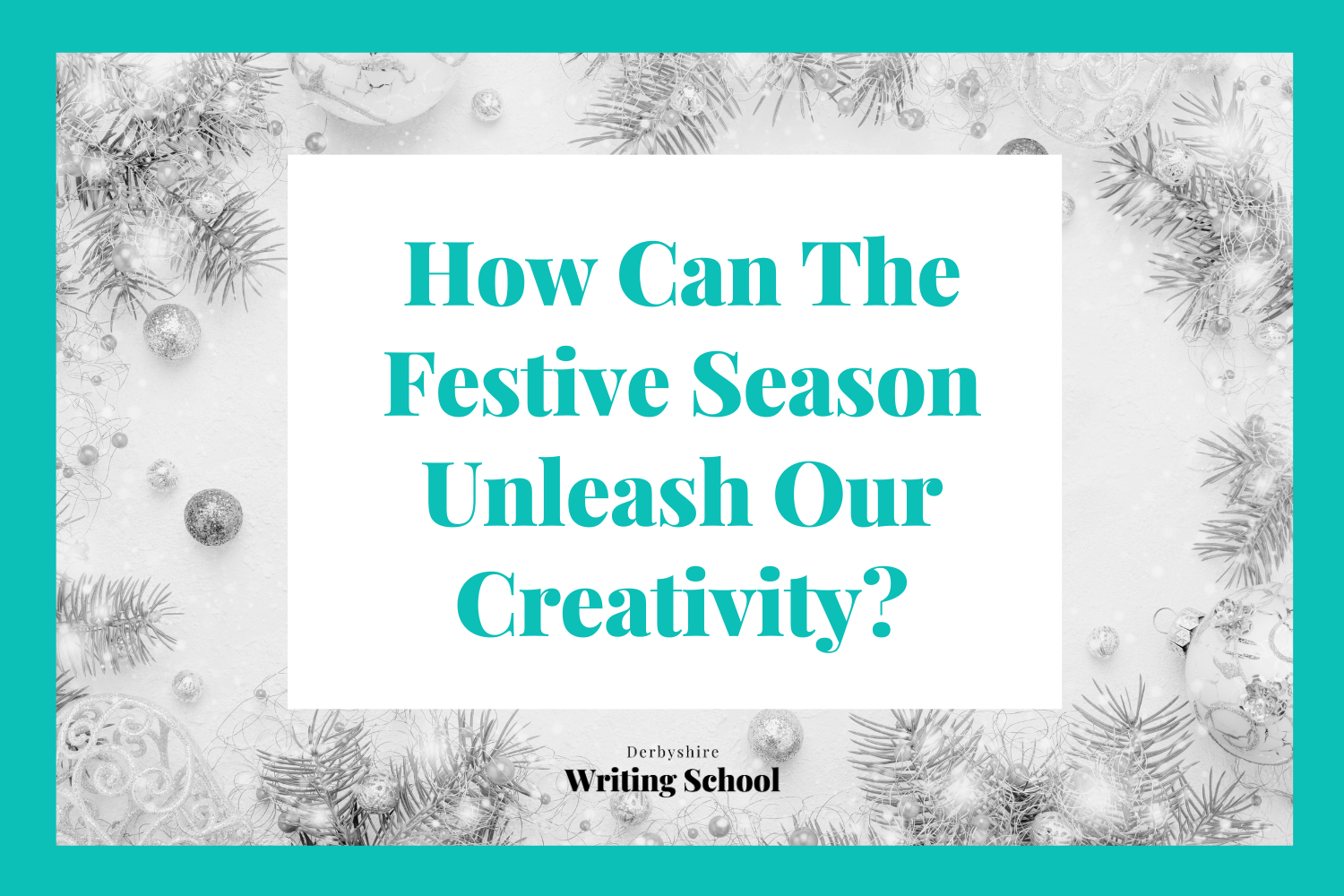How To Get Started On Your Creative Writing Journey
Creative writing is a powerful way to express yourself, explore new ideas, and bring stories to life. But for many of us, knowing where to begin can feel overwhelming. If you’ve ever wanted to try creative writing but weren’t sure where to start, you’re not alone.
At Derbyshire Writing School, we believe that anyone can write. Sometimes, we just need a little guidance and inspiration. That’s why we’ve put together some of our top tips to help you get started on your creative writing journey...
Help! I Want to Get Started with Creative Writing
If you’re feeling the urge to write but don’t know where to begin, don’t worry. It’s completely normal! Many people feel that initial uncertainty. The first step is to let go of any pressure to write perfectly.
Instead, focus on the fun and freedom that comes with creative writing. The key is to start small. Don’t worry about crafting a masterpiece on your first try. It’s more important to start by putting your thoughts on paper.
To help with this, we’ve created our Introduction To Creative Writing Workbook. It’s packed with tips, techniques and insights to help you unleash your creativity. Whether you’re struggling to decide which genre to try or you’re struggling to develop an idea, our workbook is here to be your creative writing companion.
Writing is a skill that grows over time, and the most important thing is to take that first step. Whether it’s a few lines or a character idea, just getting words down is a win.
Where Do Ideas Come From?
One of the biggest questions new writers ask is, where do ideas come from? The truth is, ideas are everywhere! They can spring from your own experiences, memories, or even something you overhear in a conversation.
If you’re looking for inspiration, try observing the world around you. A walk through a park, a conversation at a café, or even your daily routine can spark an idea. Or try a writing prompt. We’ve got 101 free prompts to get you started.
Where Do You Start?
The best advice here is to simply get writing! Whether you start with a description of a setting, a snippet of dialogue, or a character introduction, the important thing is to begin.
We recommend a writing sprint. This is a great technique for helping us zone in on our writing. Set a timer for 10 minutes and free write whatever comes to mind. The key here is that you don’t focus on what the words are, but simply on getting them down and keeping your hand moving.
This helps silence your inner critic and get your creative juices flowing. The first draft doesn’t have to be perfect. In fact, it shouldn’t be! Writing is a process, and you can always revise and improve later.
How Do You Get Motivated to Write?
Motivation can be one of the toughest challenges for writers. It’s easy to feel inspired one day and stuck the next. To keep yourself motivated, we recommend creating your own personal writing routine.
For example, find a time that works best for you, whether it’s early morning or late at night. Commit to writing regularly. This is valuable even if it’s just for 10 or 15 minutes a day. Building this kind of consistency can help you develop a writing routine.
However, we know it isn't always easy to find the habits that work best for us. That’s why we created our Developing a Writing Habit Workbook. It's full of tips and tricks to help you find the strategies that work for you.
How Do You Know What to Write About?
The beauty of creative writing is that there are no restrictions. We can write about anything and write in any genre. Yet, this can also be overwhelming.
If you’re wondering what to write about, start by thinking about what interests or excites you. What kinds of stories do you enjoy reading or watching? Do you love mysteries, romances, or fantasy worlds?
Write the type of story that you’d like to read. Your passion for a particular genre or topic will naturally come through in your writing and make it more enjoyable.
What If My Writing Isn’t Good?
It’s completely normal to doubt your writing, especially when you’re starting out. The important thing to remember is that no one’s first draft is perfect. Writing is a skill, and like anything else, it improves with practice.
Don’t be discouraged if your initial attempts don’t turn out the way you hoped. Embrace the process and keep going.
Every writer experiences self-doubt at some point. The more you write, the more confident you’ll become. Focus on the progress you’re making rather than aiming for perfection. And remember, you can always revise and edit later to make your writing stronger.
What Do I Do Next?
Once you’ve finished a piece of writing, the next step is to revise. Read through your work with fresh eyes and see where you can improve. Are there areas that need more detail? Are your characters fully developed? Don’t be afraid to make changes. Revising is a crucial part of the writing process, and it’s where your story can truly shine.
After editing, consider sharing your work with others for feedback. Whether it’s with friends, family, or a writing group, getting constructive criticism can help you improve.
And most importantly, keep writing! The more you write, the better you’ll get. Before long, you’ll see just how much progress you’ve made.
Get Started With Derbyshire Writing School!
Getting started with creative writing is all about taking that first step and embracing the process. We hope our workbook helps you to begin your creative writing journey!
At Derbyshire Writing School, we believe that everyone has a story to tell. So, pick up your pen, start writing, and see where your creativity takes you! We’d love to hear how you get on! You can write to us at info@derbyshirewritingschool.co.uk












